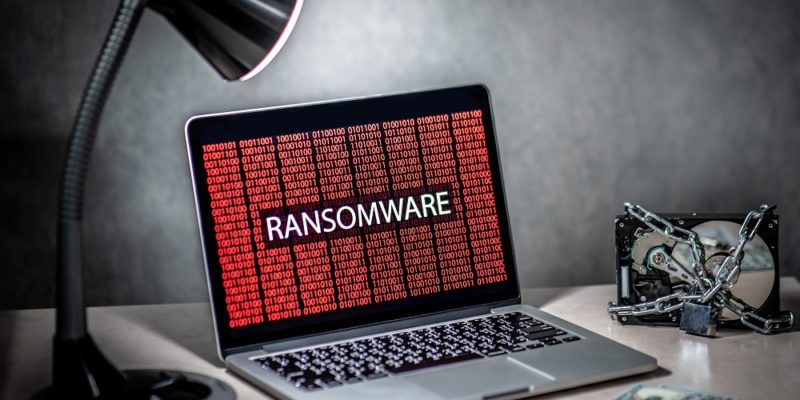 Customer Passwords are a Target for Cybercriminals: How to Address the Threat
Customer Passwords are a Target for Cybercriminals: How to Address the Threat
Companies face various cyber risks, ranging from ransomware to data theft. Cyber threat actors gain access to an organization’s systems in various ways. However, cybercriminals commonly take the path of least resistance, and organizations’ reliance on password-based authentication provides numerous avenues of attack. Passwords are known to be a weak form of authentication, and the…










